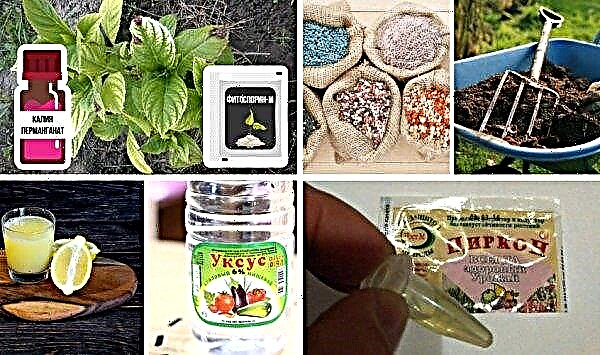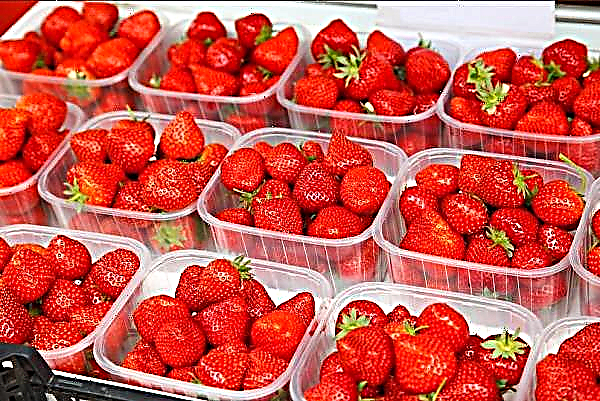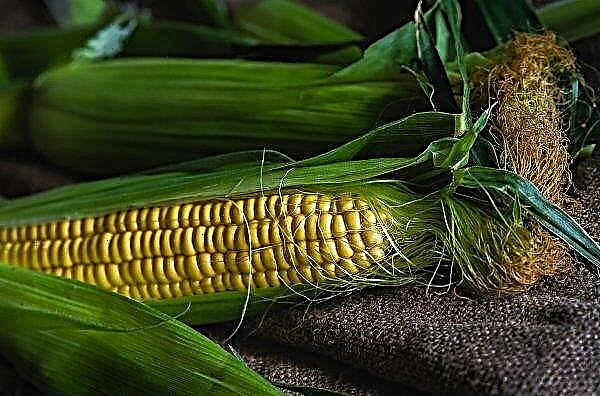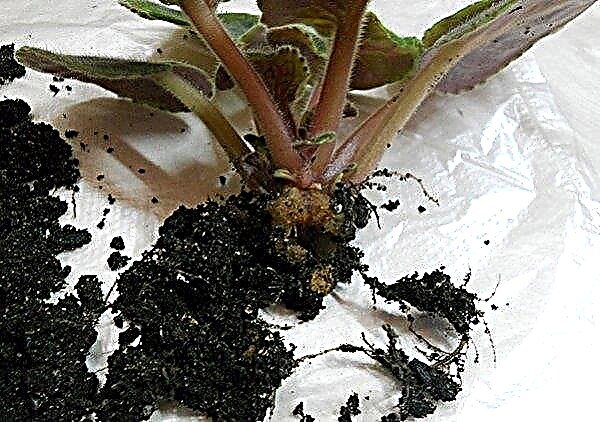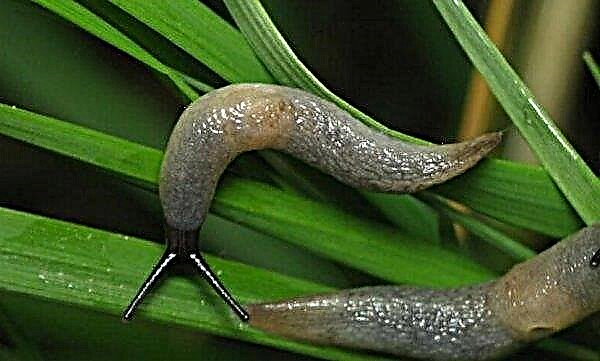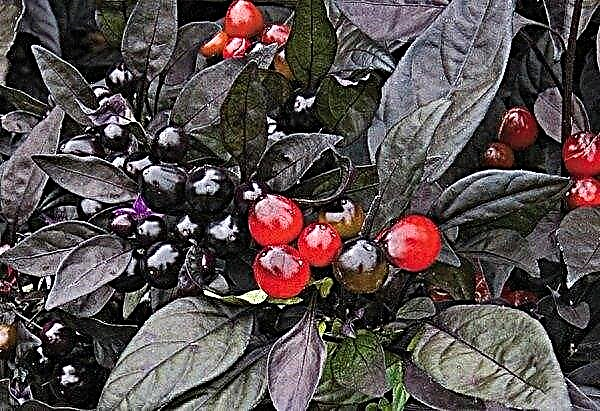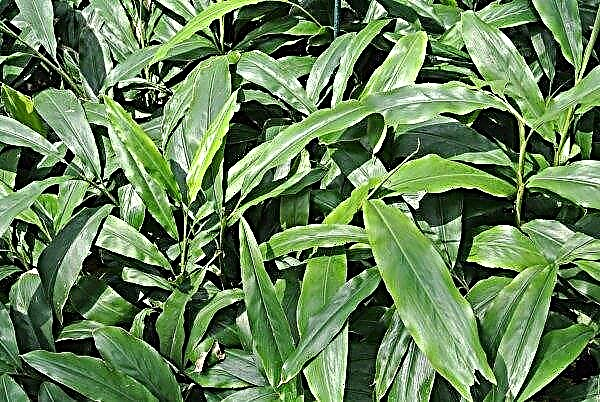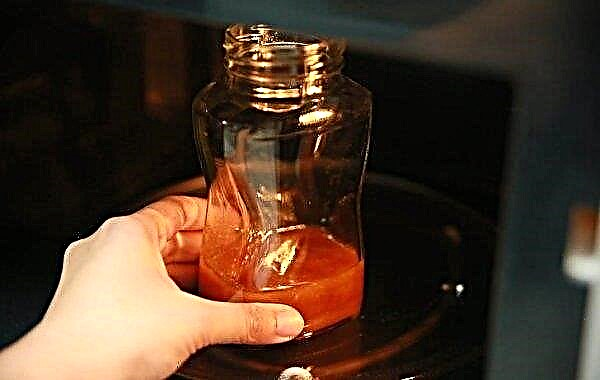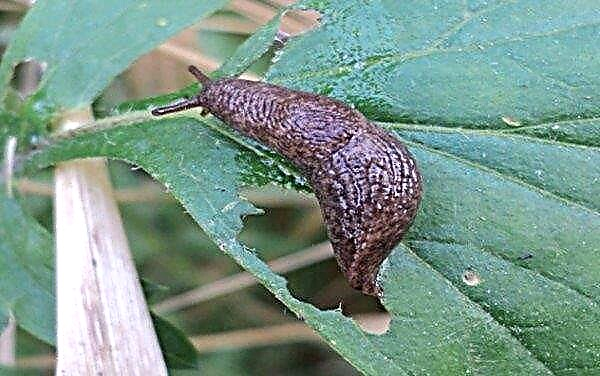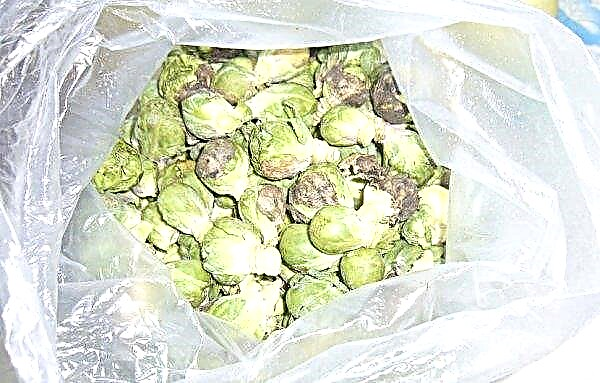The “bird of the world” pigeon is familiar to everyone from early childhood. Modern business conditions make it possible to profit by opening enterprises or small poultry farms engaged in breeding pigeons. The first thing that novice breeders encounter is the issue of feeding birds, because you cannot feed them the same way as street ones. What are the requirements for feed for pigeons and what is strictly forbidden to use in their diet - let's figure it out.
Pigeon Feed Requirements
Pigeons kept at home should have specialized nutrition, to which a number of requirements are put forward:
- easy digestibility;
- high quality and freshness of grain, lack of impurities, dust, mold in it;
- any food must be dry and clean;
- feed should be kept only in a dry, well-ventilated place, away from moisture and direct sunlight;
- the basis of the diet of completely healthy individuals should be grain mixtures in the ratio: oats - 50%, barley - 30%, pearl barley - 10%, millet - 10%;
- during molting and before pairing, the menu should be enriched with products with a high oil content: sunflower seeds, hemp, canola.
Did you know? Worldwide, there are about 300 species of pigeons. They inhabit all regions of the planet except the poles. Most of these birds live in the tropics.
The better to feed domestic pigeons
The issue of creating a diet for domestic pigeons should be approached very seriously, since the productive characteristics of the bird will depend on this. The basis of the menu, and especially for birds, are cereals, in particular oats and greens. Also, in the daily diet, birds must be present without fail:
- Cereal. Among them, it is recommended to give preference to seeds in the peel (not fried), millet, oats, buckwheat, barley, wheat. However, the consumption of the last component should be strictly controlled, otherwise its excess can provoke obesity.
- Legumes In the summertime pigeons are allowed to feed with peas or beans, but in winter it is better to minimize the use of these feeds.
- Cereals. The birds do not mind eating various cereals, including steamed oatmeal, buckwheat, and even rice.
- Greenery. Since green foods are an excellent source of vitamins and minerals, they must be given to birds regularly. The best option for them will be meadow grass.
- Feed additives. They are necessary to saturate the body with valuable components, vitamins and minerals. Pigeons are fed with fodder sulfur, caraway seeds, lime, sesame seeds, fish oil, daphnia.
 You can also feed birds with specialized foods, among which Versele Laga's Versele Laga show is particularly successful and popular. It is a complex specially designed for pigeons, which includes a range of grain mixtures, mineral supplements and vitamins that strengthen the immune system of birds, increase protective properties and improve the digestive tract.
You can also feed birds with specialized foods, among which Versele Laga's Versele Laga show is particularly successful and popular. It is a complex specially designed for pigeons, which includes a range of grain mixtures, mineral supplements and vitamins that strengthen the immune system of birds, increase protective properties and improve the digestive tract.It should be noted that sports birds require special nutrition, as well as those participating in competitions. In order to stimulate sports pigeons, a special ration is developed for them, which includes the following set of products:
- legumes - 35%;
- barley - 20%;
- oats, millet, corn and vetch - 10%;
- wheat - 5%.
Important! During the period of intensive growth, it is very important to provide the menu of young animals with mineral top dressing and special additives.
How to feed pigeons
When compiling a diet for pigeons, it is imperative to take into account all the needs, from the age of the bird to its physical activity, seasonality, and state of health.
Chicks
As a rule, babies are alternately fed by the female and the male independently. It should be noted that during hatching of the eggs, the goats of adults undergo transformations and begin to produce the so-called “bird milk”. Its composition is rich in easily digestible nutrients, including proteins (19%), fats (13%), carbohydrates (1.6%) and water (82%). As the chicks grow, the “milk” mixture begins to change its consistency, becomes more dense with impurities of grains. Starting from 2 weeks, young animals should be accustomed to feeding troughs and drinking bowls. However, for a number of reasons, the breeder also has to feed the chicks sometimes. In this case, first of all, the kids should be sent from adults to a separate home. Young animals need to be fed three times a day, and the morning and lunch servings should be small, but in the evening it is recommended to provide the chicks with large volumes of food. As feed, softened grain moistened with a small amount of vegetable oil is used.
However, for a number of reasons, the breeder also has to feed the chicks sometimes. In this case, first of all, the kids should be sent from adults to a separate home. Young animals need to be fed three times a day, and the morning and lunch servings should be small, but in the evening it is recommended to provide the chicks with large volumes of food. As feed, softened grain moistened with a small amount of vegetable oil is used.
The daily diet of the chicks looks approximately like this:
- wheat - 50%;
- corn and vetch - 20%;
- legumes, millet - 10%;
- mineral components - 10%.
Adult birds
For adult birds, the quality and balance of nutrition is of great importance, since it directly affects their flight qualities, fertility, resistance to external factors, susceptibility to diseases, etc. It should be noted that the winter and summer diets of pigeons are significantly different.
In the summer, birds lead an active lifestyle, move a lot, fly, which is why they spend a large amount of energy, which is restored by such feeds as buckwheat, millet, peas, rape. The summer menu can be compiled based on the following ingredients:
- barley, millet, peas - 20% each;
- wheat, oats, corn, vetch - 10% each.

As for the winter diet, it is recommended to exclude protein-rich foods from it, since it can cause premature egg laying. Instead of legumes, more oats and barley should be added to the bird menu, supplemented with dried herbs, fresh vegetables, such as carrots or pumpkins.
During frosts, pigeons especially need fluffy, warm plumage, which they can provide with a mixture of rapeseed and flax seeds, steamed in slightly salted water. Several times a week, you can treat homemade birds with boiled potatoes with the addition of wheat and bran.
An ideal winter is a mixture for feeding:
- barley - 40%;
- oats - 40%;
- chopped corn - 10%
- chopped lentils - 10%.
What not to feed pigeons
There are a number of products that are strictly prohibited for use by pigeons, since they can cause digestive problems, kidney disease, disorders of the cardiovascular system, or even death of a bird. Such prohibited foods include:
Such prohibited foods include:
- Any dairy products since it provokes dysbiosis of the stomach.
- Black bread. Its use can cause blockage of the gastrointestinal tract and dysbiosis.
- Millet. In large quantities, it can cause intoxication of the body due to the high toxicity of the composition.
- Sweets, sweets or chocolate.
- Roasted seeds since they have a negative effect on the kidneys.
- Meat and fish products, as they can cause death.
- High salt foods. Such feeds can provoke the death of a bird, because its body is not able to process salt in large volumes.
Did you know? Pigeons have unique vision. Their eyes cannot be blinded by bright flashes of light, direct sunlight and even lasers. This property is given to the eyes by the wave connective tissue, which, depending on external conditions, becomes transparent or completely dark.
Signs of improper feeding
Violations of the conditions for keeping pigeons, especially poor-quality or malnutrition, are the main causes of poor health and well-being of birds. It is imperative to review the diet of birds, if observed:
- feather falling out;
- loss of appetite, the bird partially or completely refuses food;
- inflammation of the mucous membranes;
- weight loss;
- inferiority of laid eggs;
- small rashes in the form of grains on the larynx, goiter, oral cavity;
- deterioration in the condition of the skin, a change in its color;
- visual impairment;
- impaired coordination;
- digestion problems: liquid droppings with impurities of undigested grain, unpleasant pungent odor, the appearance of blood clots;
- dull eyes without natural shine.
 If at least one of the above signs is noticed, it is recommended not only to change the diet of the bird, but also to show the sick individual to the veterinarian, since similar symptoms can indicate the development of various viral and infectious ailments.
If at least one of the above signs is noticed, it is recommended not only to change the diet of the bird, but also to show the sick individual to the veterinarian, since similar symptoms can indicate the development of various viral and infectious ailments.Did you know? In order for a female pigeon to be able to lay an egg, she must see the male. At home, the bird is successfully deceived by putting a mirror near it.
Basic content rules
In order for the growing and breeding of pigeons in the household to be as successful and productive as possible, birds need to organize comfortable living conditions. When content should adhere to several basic rules:
When content should adhere to several basic rules:
- The dovecote needs to be installed away from tall buildings or trees, as they are an obstacle to take-off and landing of birds.
- The house should always be kept clean, regularly change bedding material.
- The indoor temperature in summer should not be higher than +20 ° С, and in winter - not lower than + 5–7 ° С.
- The room where birds are kept is recommended to be equipped with ventilation and additional lighting fixtures. The optimal daylight hours for birds are considered to be 16–18 hours, otherwise, with insufficient lighting, the development and growth of young animals stops.
- Systematically clean the nests where small chicks are located.
- Surface cleaning in the dovecote must be carried out daily, major - once a week, general with disinfection - 3-4 times a year.
- Avoid drafts and high humidity in the house.
- Conduct daily cleaning of feeders and drinkers.
Important! Pigeons equally negatively tolerate intense heat and frost. Therefore, in the summer it is recommended to regularly pour water on the roof of the house, and in winter, to prevent overcooling of birds, install additional heating appliances in the room.
How to feed pigeons on the street
Like domestic pigeons, street pigeons also require balanced, nutritious nutrition. However, most often they get bread crumbs and fried seeds. The best food for street flight inhabitants is cereals, in search of which they can overcome up to 50 km per day. Doves do not mind eating:
- cereals;
- legumes;
- oilseeds;
- weed seeds;
- green grass.
 To improve digestion, birds can peck sand, pebbles, pebbles. Experts recommend feeding street pigeons with cereals, in particular, buckwheat, millet, rice. It is not necessary to feed the birds with brown bread or rolls, since the yeast, which is part of the baking, can provoke an upset digestive system.
To improve digestion, birds can peck sand, pebbles, pebbles. Experts recommend feeding street pigeons with cereals, in particular, buckwheat, millet, rice. It is not necessary to feed the birds with brown bread or rolls, since the yeast, which is part of the baking, can provoke an upset digestive system.You can also not feed birds:
- baking, baking, for example, cookies, breadcrumbs;
- meat or fish;
- various sweets and sweets;
- citrus fruits.
Unfortunately, birds that live in street conditions rarely live up to 5 years due to malnutrition, although the life expectancy of representatives of this species is 15-17 years.
Important! If street birds are fed at the same time, then they will develop an instinct, and they will fly to the right place regularly.
Do not underestimate the role of a full, balanced diet in the life of pigeons. It determines the life expectancy of a bird, sexual activity, sporting achievements, exterior qualities and, most importantly, health. Therefore, before deciding on breeding pigeons, you should carefully study all the subtleties and characteristics of feeding these birds.

